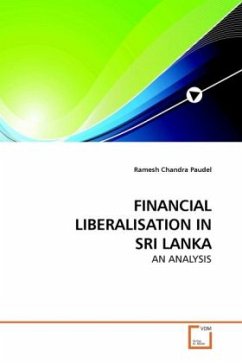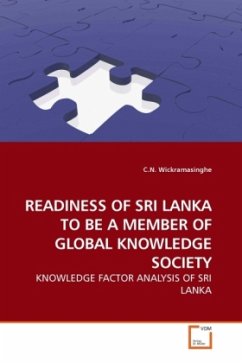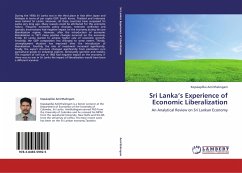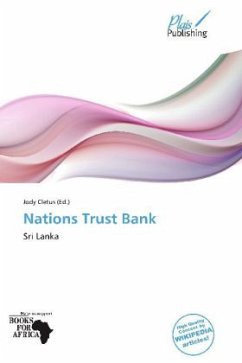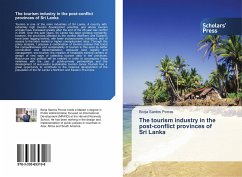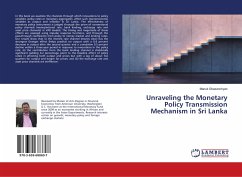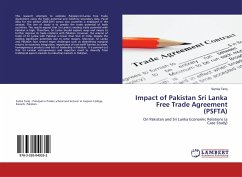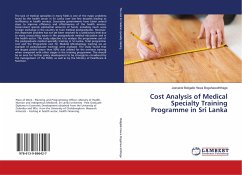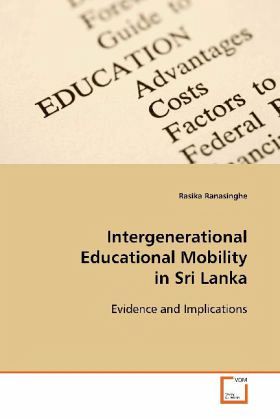
Intergenerational Educational Mobility in Sri Lanka
Evidence and Implications
Versandkostenfrei!
Versandfertig in 6-10 Tagen
32,99 €
inkl. MwSt.

PAYBACK Punkte
16 °P sammeln!
The policy implications of free education have beenstudied at length in economic literature as wellas in development policy. In this context, theeducation system in Sri Lanka has long beenconsidered a shining example in successfullyexpanding education opportunities and attaining highhuman development outcomes in a low-income developingcountry. An active policy debate on the role of freeeducation in Sri Lanka has emerged in the last fewyears due to increasing unemployment rates,especially among the youth and the educated. Existingresearch on the economics of education in Sri Lankahas mostly ove...
The policy implications of free education have been
studied at length in economic literature as well
as in development policy. In this context, the
education system in Sri Lanka has long been
considered a shining example in successfully
expanding education opportunities and attaining high
human development outcomes in a low-income developing
country. An active policy debate on the role of free
education in Sri Lanka has emerged in the last few
years due to increasing unemployment rates,
especially among the youth and the educated. Existing
research on the economics of education in Sri Lanka
has mostly overlooked the intergenerational mobility
aspect of education, which would provide important
insights on
the effect of family background on education outcomes
of children in the presence of free education. This
book aims to fill this gap in research by an in-depth
analysis of the effect of parental education on that
of children, and by an examination of trends in
education mobility over time. The analysis provides
some important policy implications for education
reform and planning, and would be a useful guide for
academics, development practitioners and education
professionals.
studied at length in economic literature as well
as in development policy. In this context, the
education system in Sri Lanka has long been
considered a shining example in successfully
expanding education opportunities and attaining high
human development outcomes in a low-income developing
country. An active policy debate on the role of free
education in Sri Lanka has emerged in the last few
years due to increasing unemployment rates,
especially among the youth and the educated. Existing
research on the economics of education in Sri Lanka
has mostly overlooked the intergenerational mobility
aspect of education, which would provide important
insights on
the effect of family background on education outcomes
of children in the presence of free education. This
book aims to fill this gap in research by an in-depth
analysis of the effect of parental education on that
of children, and by an examination of trends in
education mobility over time. The analysis provides
some important policy implications for education
reform and planning, and would be a useful guide for
academics, development practitioners and education
professionals.



